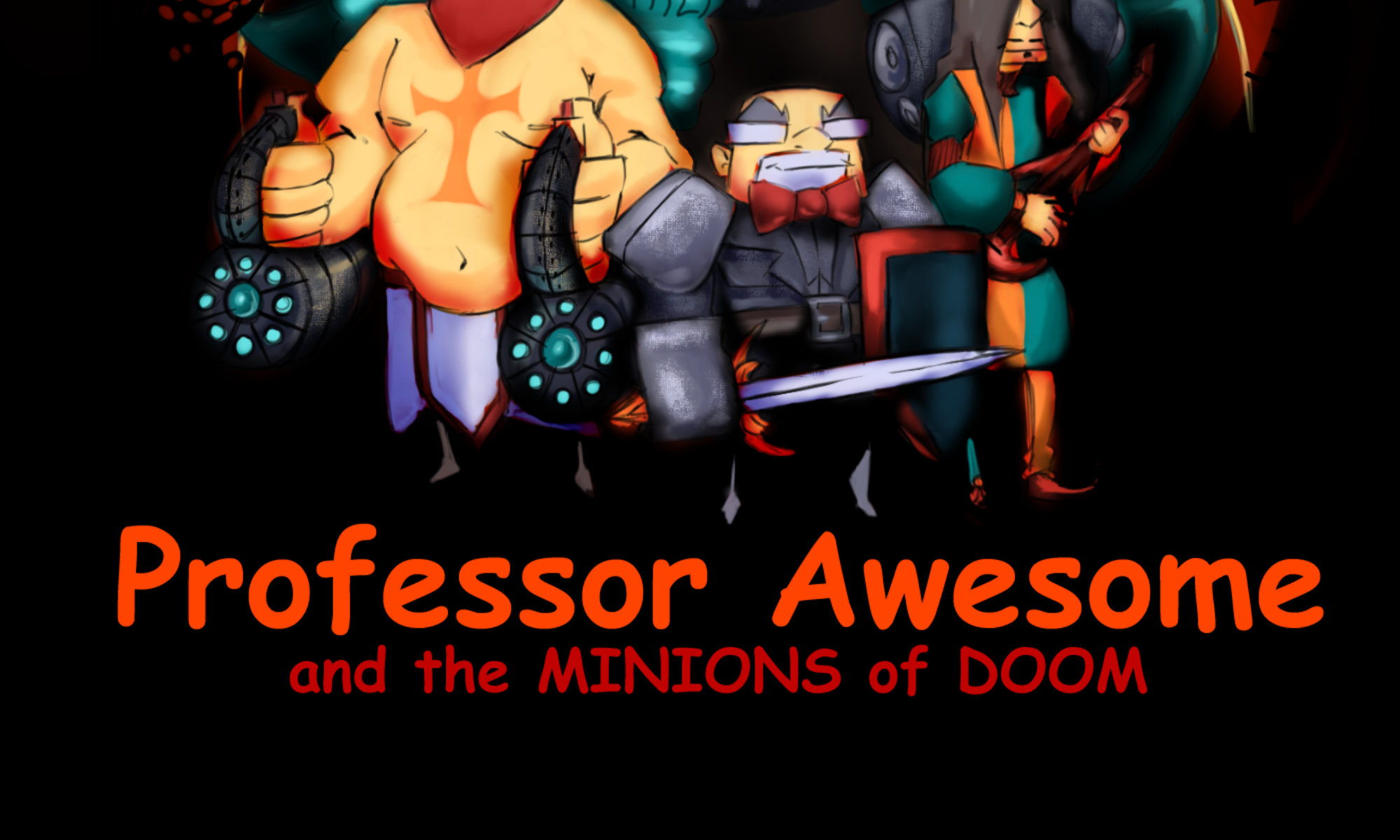The Miskatonic Files
A web series called The Miskatonic Files? Yes, please.
You can support them on IndieGoGo, or hit them up on Facebook.
What’s that? You’re afraid that if you support any Cthulhu-related project, you will no doubt go insane from the eldritch revelations that such a project will bring to light, secrets that were best left hidden in the outer darkness?
Fear not! For I, Professor Awesome, will protect you with a remedy found in a 9th century manuscript, Leechbook III (Royal 12.D.xvii), a potion against both devils and insanity. Entry lxiv, as translated by T.O. Cockayne in his Leechdoms, Wortcunning, and Starcraft of Early England:
Put into ale cassuck [hassock], roots of lupin, fennel, ontre [radish], betony, hindheal [water agrimony], marche, rue, wormwood, nepeta, helenium, elfthone [nightshade], wolfs comb [wild teasel]]; sing twelve masses over the drink, and let the man drink it, it will soon be well with him.
Thug Notes: The Great Gatsby
Hip Hop Gilgamesh
So, a hip-hop Gilgamesh is apparently a thing.
Antics presents ILLUMINATED MANUSCRIPT: a hip hop dance theater interpretation of the Epic of Gilgamesh from Antics Performance on Vimeo.
Special thanks to awesome professor John Jinwright for this find.
Cymbeline
Kid Beowulf and the Blood-Bound Oath (Scene 8)
“Godzilla” — Blue Oyster Cult
Not what would normally be considered nerdcore, but topical today.
How Mael Brigte Almost Started the Zombie Apocalypse
Medievalists.net has this list of the “Top 10 Strangest Deaths in the Middle Ages,” and I’ve always liked #3, in which the severed head of Máel Brigte the Bucktoothed bit Sigurd the Mighty to death.
I’ve often thought that this should have started the zombie apocalypse.
By the way, the cover image is a panel from Patchwork People.
Thug Notes: The Count of Monte Cristo
I’m not saying someone needs to buy me a Thug Notes t-shirt, but here’s the link. I mean, just in case.
Also, here’s an older thug note on The Count of Monte Cristo.
Medieval Medicine (and Toothpaste!)
We’ve got this stereotype of medieval people as being stupid and ignorant. When late-medieval poet Petrarch started referring to the early Middle Ages as a time of darkness, he probably didn’t guess that some day he would be lumped into that pejorative category of the “Dark Ages.” Legit scholars today would never use the term “Dark Ages” (except ironically), but the idea remains fixed in the popular mind. I’ve had these types of conversations hundreds of times:
Student: In medieval times, people didn’t know about sex.
Me: Where do you think modern people came from?
Student: Huh. I never thought about it that way.
Me: NOW who doesn’t know about sex?Student: Medieval people didn’t know as much as we do today.
Me: Like what?
Student: Well, like how to drive cars and stuff.
Me: Why would they know how to drive a car? They’d never seen one.
Student: Right. They were too ignorant to know how to make them.
Me: Could YOU make a car?
Student: Well, no. But I could probably find someone who could.
Me: Can you ride a horse?
Student: I … probably not.
Me: So they were stupid because they never saw a car, but you’re some kind of genius because someone else made you a car, and because you can’t ride a horse even though you’ve seen one?
Student: Riding a horse doesn’t make you brilliant!
Me: Neither does owning a Honda.
You get the picture. And to be fair, 19th and early 20th century scholars often reinforced this attitude. J.H.G. Grattan and Charles Singer’s book Anglo-Saxon Magic and Medicine (1952) has this little gem:
Surveying the mass of folly and credulity that makes up the A.S. [Anglo-Saxon] leechdoms, it may be asked, “Is there any rational element here? Is the material based on anything that we may reasonably describe as experience?†The answer to both questions must be, “Very little.â€
Since that time, scholars have pushed back hard against this idea. For example, just this past week at the International Congress on Medieval Studies, Renée Trilling gave an excellent paper on the subject entitled “Between Science and Superstition: Thinking About Anglo-Saxon Medicine.” Historian Winston Black has a recent article intended for popular audiences, and I’ve got a forthcoming article entitled “The Rationality of Medieval Leechbooks.”
The truth is that we have hundreds and hundreds of pages of medieval remedies, and they run the gamut from There’s-No-Way-This-Would-Work to Hey-This-Totally-Works, with every variety in between. And they are based on an understanding of how the body works that is drawn from observation and reason. Want to find another place where some remedies work, and some don’t? Try the over-the-counter remedy section of your local pharmacy.
So, as a little bonus, here’s a recipe for breath-freshening toothpaste found in Bald’s Leechbook:
If a man’s breath is foul, take good barley meal & clean honey & white salt, mix it all together and rub the teeth with it well and often.
Basically, the medieval remedy for bad breath is to brush your teeth with toothpaste often. Sounds good to me!









